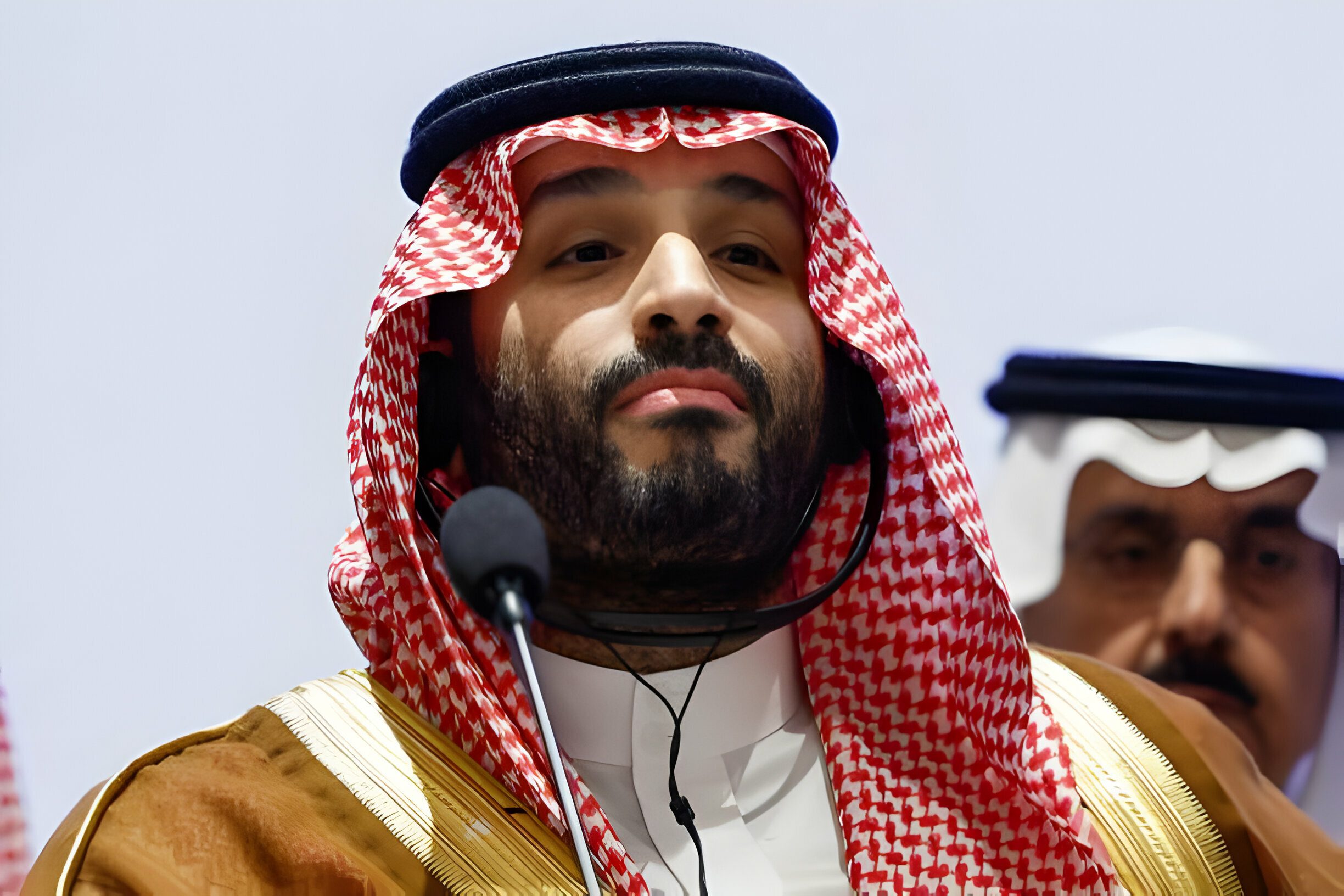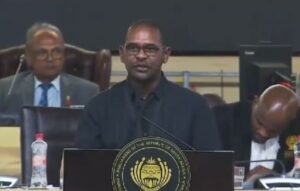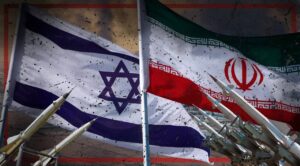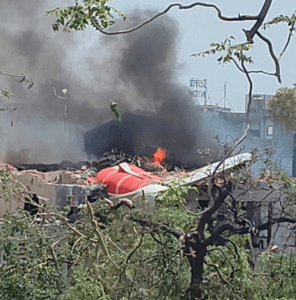Saudi Arabia has articulated its stance on establishing diplomatic relations with Israel, linking it to Israel’s recognition of a Palestinian state and the cessation of hostilities in Gaza. The Foreign Ministry in Riyadh emphasized its position, stating that formal ties with Israel hinge on the acknowledgment of an independent Palestinian state, delineated by the 1967 borders with East Jerusalem as its capital, and an end to Israeli military actions in the Gaza Strip.
The ministry’s announcement on Wednesday underscored the communication to the United States, detailing the prerequisites for any diplomatic engagement with Israel. The conditions set forth include the recognition of Palestinian statehood within the specified borders, the cessation of Israeli aggression in Gaza, and the withdrawal of Israeli forces from the territory.
Further elaborating on its stance, the Saudi government called upon the permanent members of the UN Security Council to accelerate the process of recognizing the Palestinian state. This move, Riyadh argues, is crucial for achieving a comprehensive and fair resolution to the conflict, ensuring peace for all parties involved.
“The Kingdom reiterates its call to the permanent members of the UN Security Council…to expedite the recognition of the Palestinian state,” the ministry asserted, highlighting the importance of such recognition in paving the way for a lasting peace.
The statement, however, leaves open whether Israel’s recognition of a Palestinian state is a precondition for Saudi Arabia’s diplomatic overtures.
The backdrop of these declarations includes discussions on Palestinian statehood by the United States, even as Israeli Prime Minister Benjamin Netanyahu remains opposed to the idea. Netanyahu maintains that Israel must retain complete security oversight over territories west of the Jordan River, encompassing areas designated as Palestinian under the 1967 agreements.
The reference to the “1967 borders” is a nod to the territorial lines before the Six-Day War, suggesting a significant territorial reconfiguration that would see Israel withdrawing from the West Bank, Golan Heights, and East Jerusalem, and removing its settlers and security presence from these areas.
This Saudi position was made public following comments by White House National Security Council spokesman John Kirby, who noted ongoing discussions between Saudi Arabia and Israel towards normalization, with positive feedback from both nations.
Despite the momentum towards normalization seen in the Abraham Accords of 2020, with Bahrain and the United Arab Emirates establishing ties with Israel, Saudi Arabia has remained cautious, particularly in light of recent tensions in the region. The potential for a normalization deal with Israel was significantly affected by the Israel-Hamas conflict in October, leading to a pause in negotiations by Saudi Arabia in response to the Israeli military’s actions in Gaza.
During a recent meeting in Riyadh between US Secretary of State Antony Blinken and Saudi Crown Prince Mohammed bin Salman, discussions focused on the Gaza situation. Although the meeting’s official summary did not explicitly mention Palestinian statehood, it highlighted talks on achieving a durable solution to the crisis that ensures peace and security for both Israelis and Palestinians.
This stance by Saudi Arabia underscores the complexities of Middle Eastern diplomacy and the pivotal role of the Palestinian statehood issue in regional relations. Riyadh’s conditions reflect a broader regional and international call for a resolution that addresses the root causes of the conflict, aiming for a peace that benefits all parties involved.

















